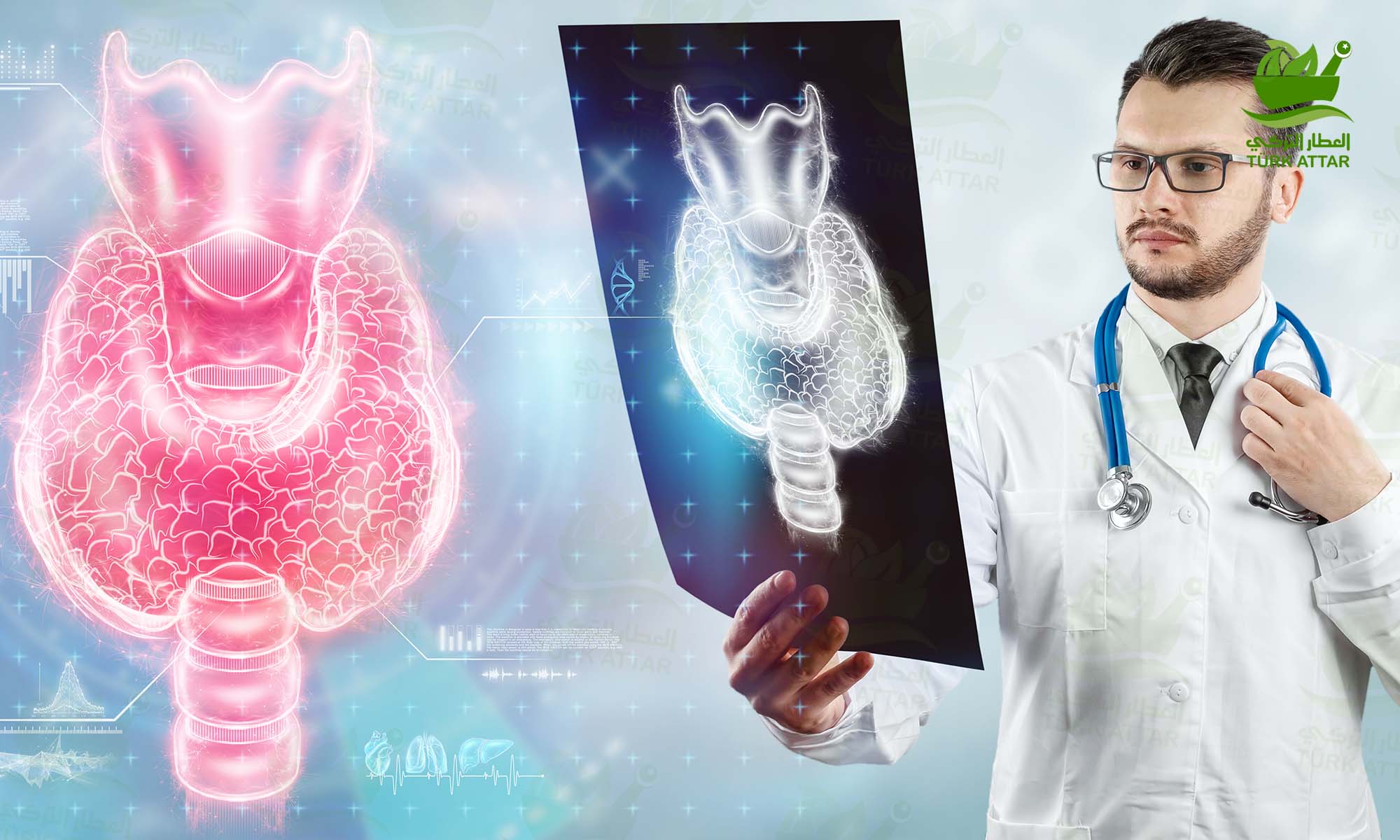
Hypothyroidism can cause retardation in growth and development in infants and children. If treatment is delayed, the chance of recovery of mental retardation caused by hypothyroidism decreases. In adults, there is a general slowdown in the body and metabolism. However, the symptoms of hypothyroidism in adults improve to a great extent with thyroid hormone treatment.
What is hypothyroidism?
Underactive thyroid is called "hypothyroidism". Common symptoms of hypothyroidism include weakness, fatigue, difficulty concentrating, constipation, chills, and intolerance to cold. Dry skin, coarsening of the skin, and changes in color that turn orange, which are sometimes thought to be caused by dermatological diseases, may also develop due to underactivity of the thyroid gland. In this case, it would be beneficial to consult an endocrinologist.
Whether the thyroid gland works adequately or not is determined by the values of the "TSH hormone" secreted from the part of the brain called the "pituitary". TSH stimulates the hormone-producing structures in the thyroid gland, allowing it to be produced and mixed with the blood. When the thyroid gland works less than normal, the delivery of TSH from the pituitary to the blood increases. When the required amount of thyroid hormone cannot be secreted, a condition called hypothyroidism occurs and enough thyroid hormone cannot be secreted into the tissues, and the metabolism naturally slows down.
Hypothyroidism can cause retardation in growth and development in infants and children. If treatment is delayed, the chance of recovery of mental retardation caused by hypothyroidism decreases. In adults, there is a general slowdown in the body and metabolism. However, the symptoms of hypothyroidism in adults improve to a great extent with thyroid hormone treatment.
TYPES OF HYPOTHYROID
The inability of the thyroid gland to produce enough thyroid hormone is called primary hypothyroidism. In this type of hypothyroidism, no problems are seen in other parts of the body that control the functions of the thyroid gland. Brain-derived hypothyroidism, such as the pituitary or hypothalamus that controls thyroid gland functions, is called secondary and tertiary hypothyroidism. These are rare variants of hypothyroidism. Hashimoto is considered one of the most common types of hypothyroidism.
Primary Hypothyroidism is due to causes of thyroid gland insufficiency.
Secondary Hypothyroidism is a type of hypothyroidism due to TSH deficiency.
Tertiary Hypothyroidism is a type of hypothyroidism due to TRH deficiency.
The diagnosis of primary hypothyroidism is made according to TSH levels.
– TSH 0.5- 4 mIU/L normal (except pregnancy)
– TSH >4 mIU/L T3, T4 normal: subclinical hypothyroidism
– TSH >10 mIU/L T4 and/or T3 low: overt hypothyroidism
– TSH >10 mIU/L, T3, T4 low and organ failure: myxedema coma
Subclinical Hypothyroidism
T3, T4 levels are normal, TSH level is high (>4 mIU/L) and clinical findings of overt hypothyroidism are absent.
Mild subclinical hypothyroidism: TSH: 4-10 mIU/L
Severe subclinical hypothyroidism: TSH >10 mIU/L
SYMPTOMS OF HYPOTHYROID
The symptoms of hypothyroidism are similar to the symptoms of many different diseases. Symptoms of hypothyroidism; weakness, fatigue, difficulty in concentration, constipation, cold quickly and intolerance to cold. Dry skin, coarsening of the skin, and changes in color that turn orange, which are sometimes thought to be caused by dermatological diseases, may also develop due to underactivity of the thyroid gland.
In hypothyroidism;
Weakness,
chills shivering,
hoarseness,
Swelling,
Hand, face and eye swelling
Dry skin,
hair shedding,
sleep disorder and depression,
Irregular period,
weight gain,
Concentration disorder, memory impairment,
anemia, b12 deficiency,
Low sweating
HYPOTHYROID RISK FACTORS
The most common cause of hypothyroidism is thyroid disease in family members. In addition, the immune system's production of antibodies against the thyroid gland and destruction of the thyroid gland is one of the biggest causes of hypothyroidism. Surgical removal of all or part of the thyroid gland for different reasons can also cause hypothyroidism in people. Other conditions in which hypothyroidism is most common are as follows;
Destruction of almost the entire thyroid gland following toxic goiter treatment
Insufficient dietary iodine intake
Congenital absence of thyroid gland
Congenital defects in the production of thyroid hormones
Hypothyroidism, which means thyroid failure, is most common in diabetics, people with anemia, women over 60, people with high blood fat, and people who are prone to menstrual irregularity and depression.
HYPOTHROIDY TESTS AND DIAGNOSIS
In the past, most thyroid diseases could not be diagnosed due to technological inadequacy. Today, thanks to advancing medicine, the diagnosis of these diseases can often be made with a few blood tests, successful treatments can be performed with early diagnosis, and with the development of diagnosis and treatment methods, thyroid gland cancers can be diagnosed more frequently and treated successfully in the early period.
Whether the thyroid gland hormones are adequately secreted or not is evaluated with the T3, T4 and TSH hormone test secreted by the pituitary gland. Antibodies produced against the thyroid gland (AntiTyroglobulin, AntiTPO) and thyroid ultrasonography are also helpful diagnostic tests. If the TSH test, which is used as a screening test in the world and in our country, is abnormal, other auxiliary tests are applied. If your TSH test is more than 3.90, it may be thought that there is a problem with your thyroid gland.
